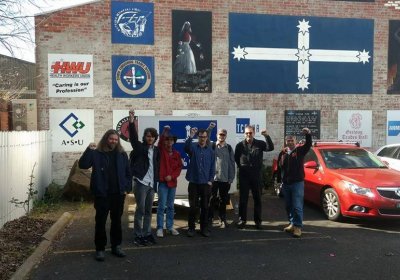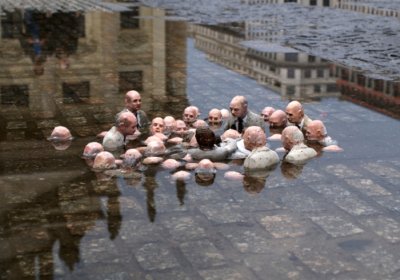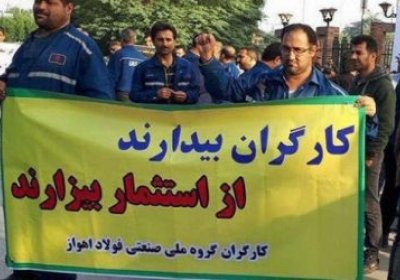The transport system in Australia is in crisis. The push by governments and the private roads lobby to build more tollways, sell off our public transport to the big corporations is worsening services, raising costs and creating a transport impasse for the public.
At the centre of this is the current transport disaster in Australia’s biggest city, Sydney.











